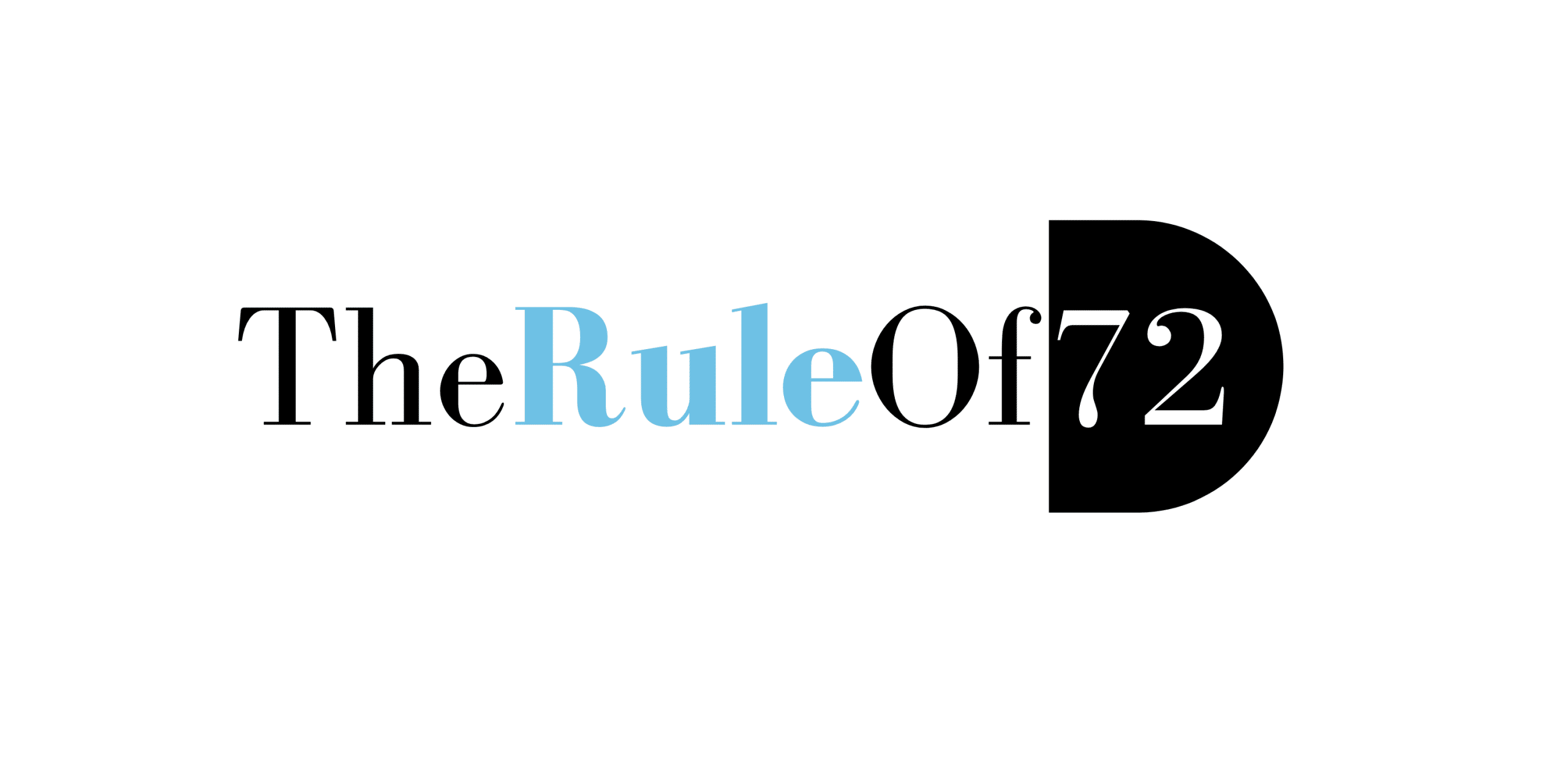Understanding Insurance Terminology: Decoding Common Jargon

Introduction
Insurance plays a vital role in protecting our assets, health, and well-being. However, navigating through the world of insurance can be overwhelming, especially when confronted with complex jargon and terminology. Whether you’re new to insurance or just looking to brush up on your knowledge, this blog post aims to decode common insurance jargon. By understanding these terms, you’ll be better equipped to make informed decisions, compare policies, and ensure you have the coverage you need.
Premium
Let’s start with a fundamental term: premium. This refers to the amount of money you pay to an insurance company to obtain coverage for a specific policy. The premium can be paid monthly, quarterly, or annually, depending on the agreement. It’s important to note that a higher premium doesn’t always equate to better coverage. Balancing your needs and budget is crucial when choosing an insurance policy.
Deductible
Next up is the deductible. This is the amount of money you are responsible for paying out of pocket before your insurance coverage kicks in. For example, if you have a health insurance plan with a $500 deductible and incur medical expenses of $1,000, you will need to pay the first $500, while your insurer covers the remaining amount. Generally, policies with higher deductibles have lower premiums, while those with lower deductibles tend to have higher premiums. Consider your financial situation and risk tolerance when selecting a deductible.
Coverage Limit
The coverage limit, also known as the policy limit, is the maximum amount an insurance company will pay for a covered claim. For instance, if you have a homeowner’s insurance policy with a coverage limit of $200,000 for property damage, the insurer will not pay more than that amount for repairs or replacement costs. It’s crucial to review and understand the coverage limits of your policies to ensure you have adequate protection. In some cases, you may need to purchase additional coverage or umbrella policies to extend your protection beyond standard limits.
Co-pay
Commonly associated with health insurance, a co-pay is a fixed amount you pay for specific medical services. For example, you might have a $30 co-pay for each doctor’s visit. The insurance company covers the remaining portion of the cost. Co-pays are an important consideration when choosing a health insurance plan, as they can significantly impact your out-of-pocket expenses for routine medical care.
Pre-existing Condition
A pre-existing condition refers to a medical condition or illness that you have before obtaining an insurance policy. Insurance companies may consider pre-existing conditions when determining coverage eligibility or premium rates. It’s crucial to review an insurance policy’s terms and conditions to understand how pre-existing conditions are covered. In some cases, coverage for pre-existing conditions may have waiting periods or exclusions. Understanding how your policy addresses pre-existing conditions ensures you have realistic expectations and avoids surprises during the claims process.
Claim
A claim is a formal request you submit to your insurance company to receive compensation for a covered loss or event. It’s essential to promptly file a claim following an incident and provide the necessary documentation to support your request. Insurance companies have specific procedures and timelines for claims processing. Understanding the claims process and knowing what documentation is required will help expedite your claim and ensure a smoother experience.
Riders
Riders, also known as endorsements, are additional provisions that can be added to an insurance policy to modify or expand its coverage. These riders provide extra protection for specific situations not covered by the standard policy. For instance, a rider on a homeowner’s insurance policy might cover expensive jewelry or artwork. Before adding riders to your policy, it’s important to carefully review the terms and costs associated with them. While riders can enhance your coverage, they may also increase your premiums. Assess your needs and evaluate the value of the additional coverage provided by the rider before making a decision.
Grace Period
The grace period is a designated timeframe after the due date of your insurance premium, during which you can make the payment without facing any penalties or coverage lapses. The length of the grace period varies depending on the insurance company and policy. It’s crucial to understand the grace period associated with your insurance policy to avoid any disruptions in coverage. Missing the payment deadline beyond the grace period can result in policy cancellation or the loss of certain benefits. Be sure to make your premium payments on time to maintain continuous coverage.
Exclusion
An exclusion is a provision in an insurance policy that specifies certain conditions, events, or situations that are not covered by the policy. These exclusions can vary depending on the type of insurance. For example, a homeowner’s insurance policy may exclude coverage for damage caused by floods or earthquakes. It’s important to carefully review the exclusions listed in your policy to understand the limitations of your coverage. If necessary, you may need to explore additional insurance policies or endorsements to fill any gaps in coverage that result from exclusions.
Underwriting
Underwriting is the process through which an insurance company evaluates the risks associated with insuring an individual, property, or business. During underwriting, the insurer assesses various factors such as the applicant’s age, health condition, driving record, or the property’s location and value. Based on this evaluation, the insurance company determines the terms, conditions, and premium rates for the policy. Underwriting helps insurance companies manage risk and set appropriate prices for their coverage. Understanding the underwriting process can provide insights into how insurers assess risks and how certain factors may impact your premiums.
Agent
An insurance agent is a licensed professional who represents an insurance company and assists clients in purchasing insurance policies. They act as intermediaries between individuals or businesses seeking insurance coverage and the insurance company. Insurance agents provide information, guidance, and recommendations to help clients select suitable policies that align with their needs and budget. They can also assist with policy renewals, claims filing, and answering insurance-related questions. It’s important to establish a good working relationship with your insurance agent, as they can be a valuable resource for understanding insurance terminology, comparing policies, and addressing your specific concerns.
Conclusion
Navigating the world of insurance doesn’t have to be daunting, especially when armed with knowledge of common insurance jargon. Understanding these terms empowers you to make informed decisions about your insurance coverage. Whether it’s deciphering the meaning of deductibles and coverage limits or grasping the significance of riders and exclusions, a solid understanding of insurance terminology allows you to choose the right policies, compare quotes effectively, and ensure you have adequate protection for your assets and well-being. So, take the time to familiarize yourself with these essential terms, and navigate the insurance landscape with confidence.





